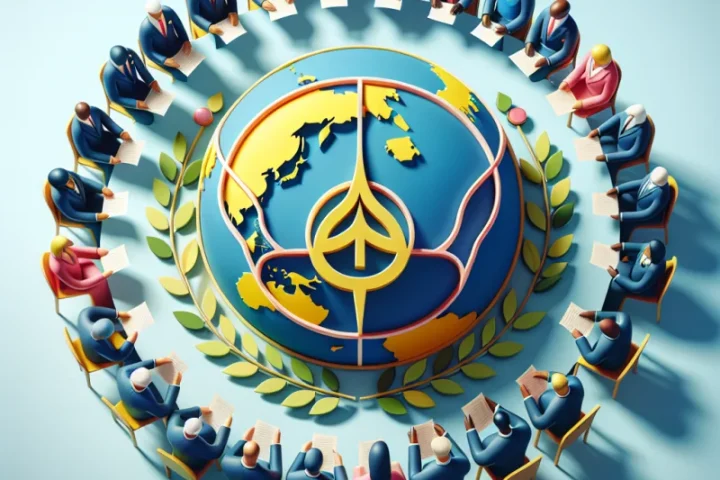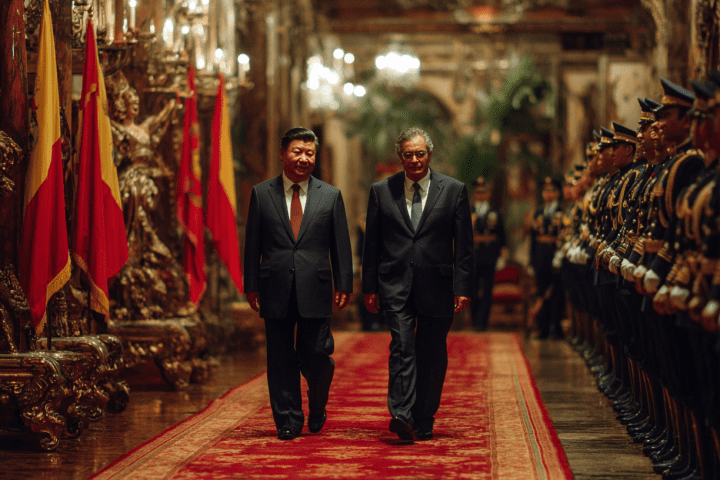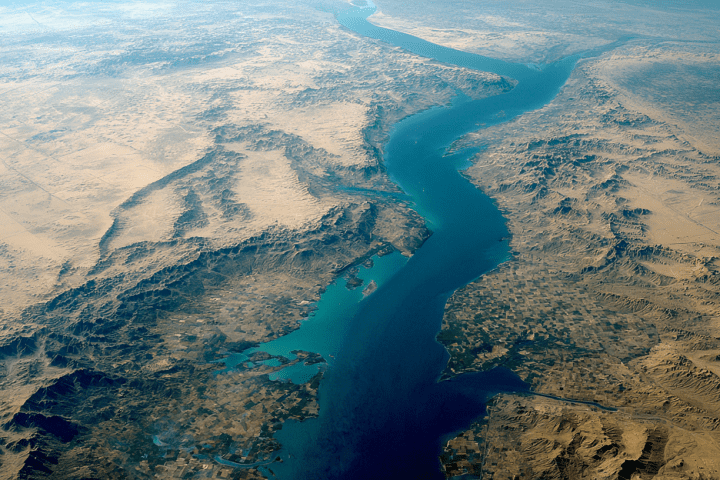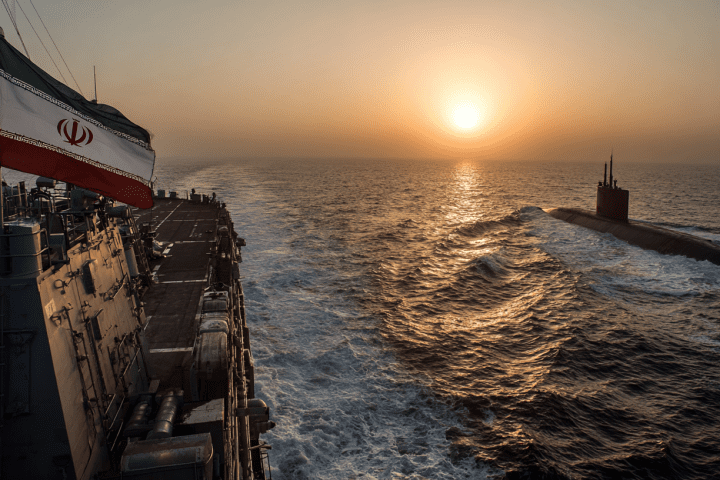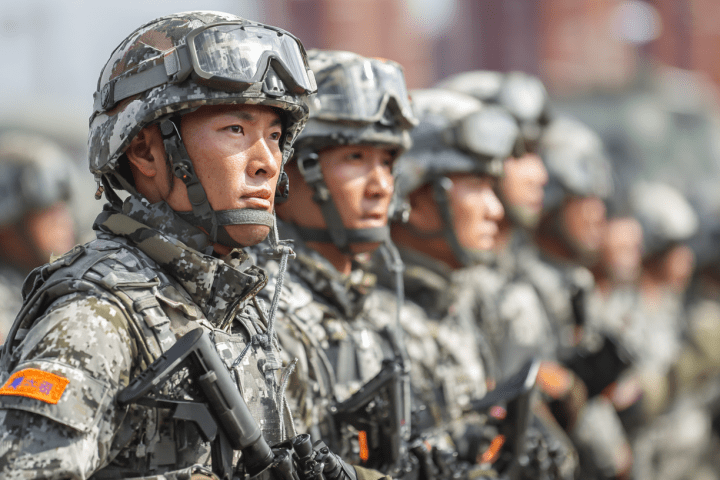In recent weeks, Quebec has seen a surge in anti-Israel protests that have raised concerns among politicians and the public alike. The escalating tensions have put a spotlight on the province’s political landscape and its relationship with international conflicts. The demonstrations, fueled by the ongoing Israeli-Palestinian conflict, have garnered attention for their size and intensity. Protesters have been vocal in their condemnation of Israel’s actions, calling for solidarity with the Palestinian people and demanding an end to what they see as unjust treatment. For Quebec politicians, these protests present a challenge as they navigate the delicate balance between supporting free speech and maintaining diplomatic relations. The government has faced calls to take a stronger stance on the issue, with some advocating for sanctions against Israel and others urging dialogue and peaceful resolution. The situation is further complicated by Quebec’s own history of political tensions and separatist movements. The protests have reignited debates about Quebec’s role in international affairs and its responsibility to uphold human rights and justice. As the protests continue to escalate, it is clear that Quebec’s politicians will need to tread carefully to address the growing concerns while upholding the principles of democracy and diplomacy. The outcome of this challenging situation will not only shape Quebec’s political landscape but also its reputation on the global stage.
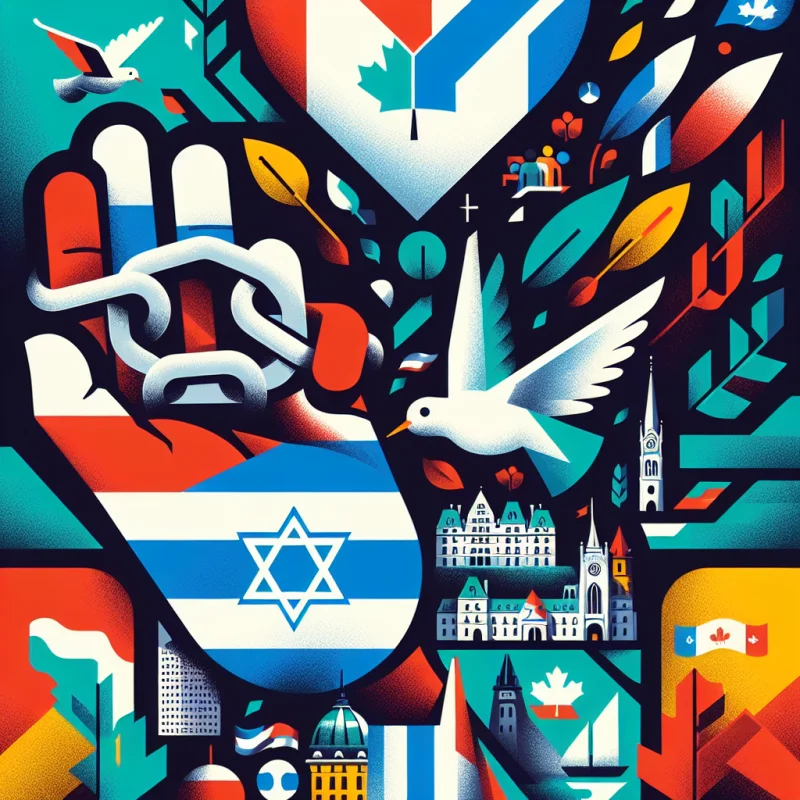
Rising Tensions: Quebec’s Political Landscape Amid Anti-Israel Protests
Tags
Related Posts

Recent Posts
- Latin America’s Strategic Pivot: Between U.S., China, and Autocratic Drift
- Artificial Intelligence and Global Elections: The Risk of Geopolitical Interference
- Strategic Water Wars: Nile, Euphrates, and the Coming Resource Conflicts
- Iran–Israel Tensions: Are We Approaching a Direct Military Confrontation?
- Inside the Strategic Negotiations: The Journey of Benjamin Sesko to Manchester United
Recent Comments
No comments to show.




